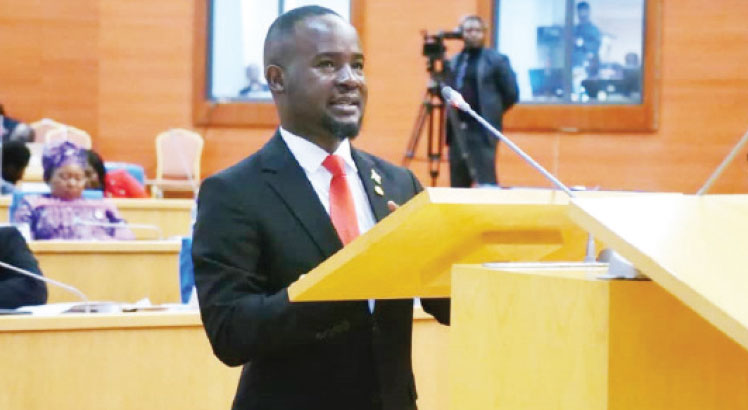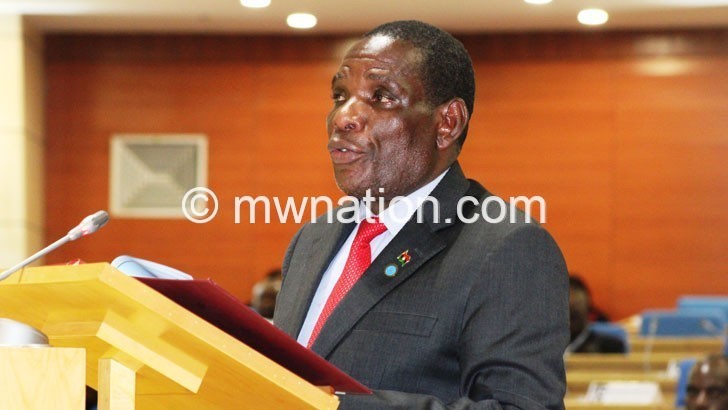Supply deficit hits fertiliser market
Foreign exchange challenges have crippled the local fertiliser market, leading to shortages of the commodity after players struggled to pay for import bills, Business News has learnt.
Confirming the development yesterday, Fertiliser Association of Malawi executive administrator Mbawaka Phiri said this is because members are still struggling to access foreign exchange.
This is despite the associaton raising an alarm in June last year over their failure to service outstanding bills in excess of $120 million (about K124 billion) with external suppliers, thereby failing to place new orders.
Said Phiri: “The situation is ongoing as companies are still struggling to get forex and the association is still seeking support from the Reserve Bank of Malawi [RBM] and Ministry of Finance and Economic Affairs.

“The shortage resulted in companies only being able to import under 160 000 metric tonnes [MT] of fertiliser.”
According to Africa Fertiliser Development Centre (IFDC), this is a decline from the previous year’s 494 687MT.
The centre says the country is supposed to have between 60 000MT and 80 000MT of carryover stocks in a normal year
Data shows that Malawi’s annual fertiliser demand is between 450 000 and 500 000MT, with some informally exported to Zambia, Mozambique and Zimbabwe.
In 2022 for instance, about 7 000MT was officially exported, the centre’s data shows.
Speaking in an interview on Wednesday, agriculture development policy expert Tamani Nkhono Mvula said the deficit will affect production as access to fertiliser coupled with increased prices will limit access to the commodity.
He said: “If these companies are not able to import fertiliser because of the forex crisis, it means the prices of the fertiliser will continue to be high due to low supply which will affect accessibility by the farmers, thereby affecting production.”
Farmers Union of Malawi chief executive officer Jacob Nyirongo was yet to respond to our questionnaire, but in an earlier interview he was quoted as having said that farmers are diversifying into other crops which do not require heavy input of fertiliser as well as using manure to overcome rising fertiliser prices on the market.
He said the increased prices have also increased the cost of farming for all farmers, including large- scale farmers.
A Business News snap survey shows that in some agro-dealer shops, fertiliser is now selling at an average of K90 000 per 50 kilogramme (kg) bag from an average of K30 000 during the same period last year.
In a letter dated June 16 2022 addressed to Ministry of Agriculture and copied to Ministry of Finance and Economic Affairs and RBM, Fertiliser Association of Malawi said currently, the logistics window for importing fertiliser in time for the 2022/23 agriculture season is shrinking rapidly.
In May last year, government devalued the kwacha by 25 percent, a move that RBM Governor Wilson Banda justified, saying it will improve foreign exchange liquidity challenges.





